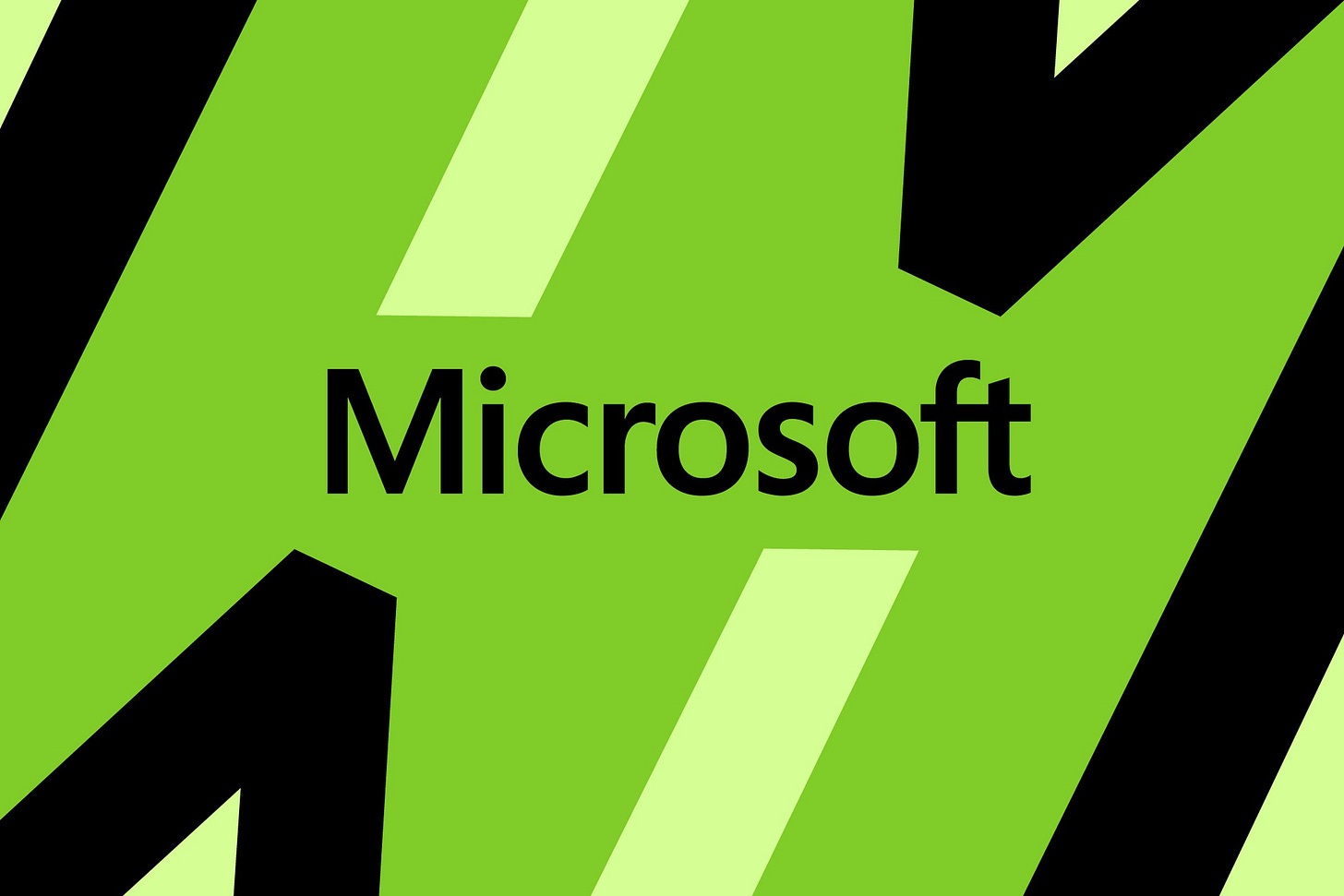
This week has been a big week for smaller language models with the release of Phi-3 from Microsoft and OpenELM from Apple. Smaller models that can run on device are going to be a big part of our future and as I posted on LinkedIn earlier this week, they will move intelligence from the cloud to devices. Ray-Ban and Meta also made their smart glasses multi-modal which is leading to some fun real world use cases.
Microsoft launches Phi-3, its smallest AI model yet
Microsoft has been in the small model game for a while now and Phi-2 was released only 5 months ago. Phi-3 Mini is 3.6bn parameters and can provide responses close to a model 10x its size, such as GPT-3.5. Interestingly, it was built partly using synthetic data from another large language model.
This follows the release of many small models over the last few months with Google’s Gemini Nano, Google’s Gemma 2B and 7B (their open source models), Llama 3 8B from Meta and Anthropic’s Claude 3 Haiku.
Smaller models are faster, more efficient, more easily fine-tuned with smaller data sets and can run locally on device more easily. It’s exciting to see these class of models get more attention. I think we’re going to see smaller models progress even further as companies focus on the quality of training data instead of just the sheer quantity of training data, which has been the main focus for the big frontier models so far.
Apple releases OpenELM: small, open source AI models designed to run on-device
It’s pretty much a given now that we’re going to see Apple announce the integration of large language models into iOS 18 at WWDC in a couple of months. What’s interesting is that there’s likely to be a mix of models working behind the scenes - a small, on device model for basic tasks and questions, paired with a larger cloud model for more advanced use cases. The larger cloud model is likely to be licensed from OpenAI or Google and over time I’m hoping this migrates more and more onto the device as the smaller models get more advanced and device hardware evolves to run them better.
It’s also great to see Apple doing more of its AI research out in the open and actively contributing to the AI research community!
The Ray-Ban Meta Smart Glasses have multimodal AI now
When I attended Meta’s AI day in London the other week, Yann LeCun was wearing a pair of their Ray-Ban smart glasses and said that he now wears them instead of his regular prescription glasses. My interest was piqued as I wasn’t sure they were ready for day-to-day wear yet. However, with them now being multimodal and able to process photos, audio, and text they have many more use cases.
There’s still some way to go, but there are already seeing some useful and interesting use cases such as translating street signs, and identifying animals and plants.
Adobe releases a GenAI model that upscales low-res video to 8x its original quality
This is some incredibly impressive work from Adobe to upscale low-res videos to HD-quality. It’s just a research preview at the moment but you can easily see lots of great use cases for upscaling GenAI videos to restoring old, low res videos. Some of the details in the demo videos are mind blowing!
AI Ethics News
AI now surpasses humans in almost all performance benchmarks
AI Can Tell Your Political Affiliation Just by Looking at Your Face, Researchers Find
UK probes Amazon and Microsoft over AI partnerships with Mistral, Anthropic, and Inflection
Apple's approach to generative AI seeks to avoid copyright issues
Los Angeles is using AI in a pilot program to try to predict homelessness and allocate aid
Long Reads
TED Talks 2024 - Daniela Rus: How AI Will Step off the Screen and into the Real World
TED Talks 2024 - Mustafa Suleyman: AI is turning into something totally new
Benedict Evans - Looking for AI use-cases
MIT Technology Review - An AI startup made a hyperrealistic deepfake of me that’s so good it’s scary
Dwarkesh Patel Podcast - Mark Zuckerberg: Llama 3, $10B Models, Caesar Augustus, & 1 GW Datacenters
“The future is already here, it’s just not evenly distributed.“
William Gibson





